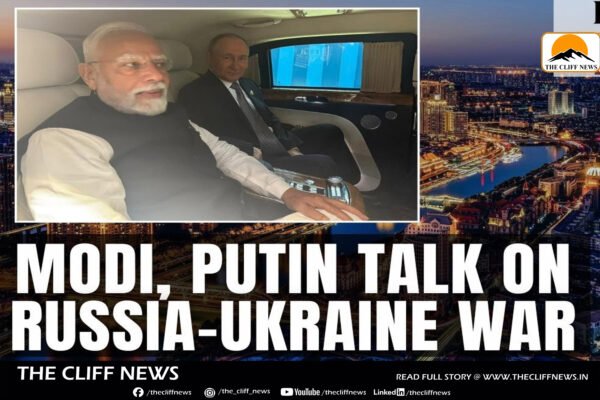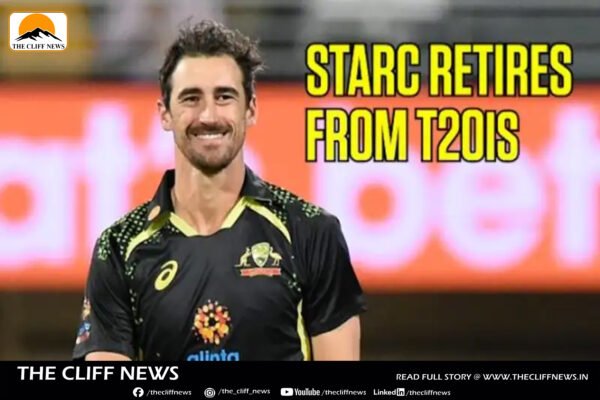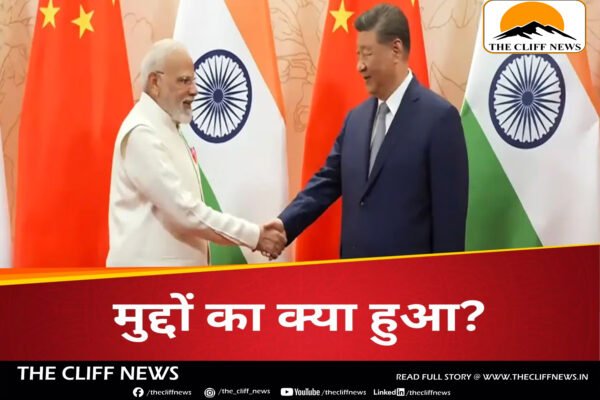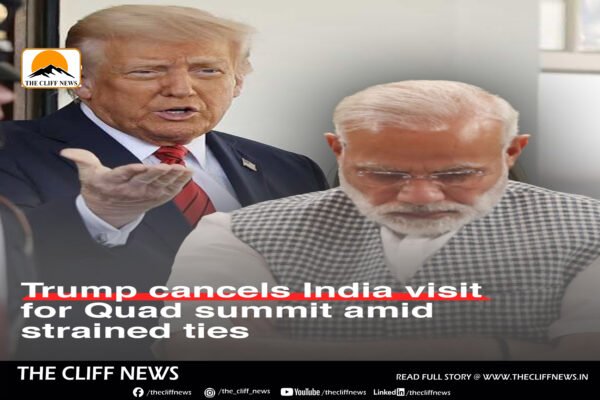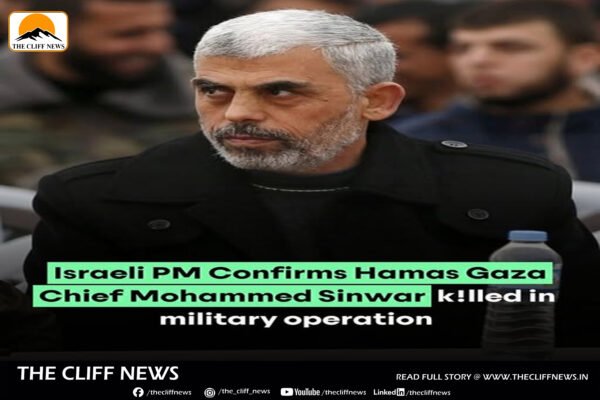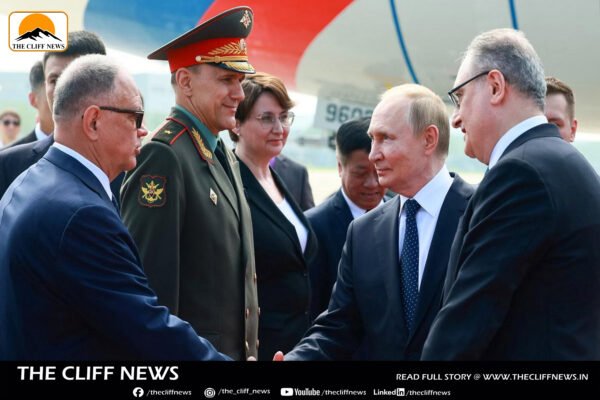Modi, Putin Reaffirm Strategic Partnership at SCO Summit; Discuss Ukraine, Bilateral Ties
Prime Minister Narendra Modi and Russian President Vladimir Putin reaffirmed their commitment to the “special and privileged strategic partnership” between India and Russia during a bilateral meeting following the Shanghai Cooperation Organisation (SCO) heads of state summit in Tianjin, the Ministry of External Affairs (MEA) said on Monday. In a symbolic gesture, Mr. Modi and Mr. Putin travelled together to the venue of the talks in the Russian leader’s car, conversing privately for nearly an hour. Indian officials said Mr. Putin waited for Mr. Modi and later extended their conversation for another 45 minutes even after reaching the venue. “Had an excellent meeting with President Putin… Discussed ways to deepen bilateral cooperation in all sectors,” Mr. Modi posted on social media, adding that both leaders also “exchanged views on regional and global developments, including the peaceful resolution of the conflict in Ukraine.” Mr. Putin hailed Mr. Modi as a “dear friend,” describing Moscow’s relationship with New Delhi as “special, friendly, and trusting.” He reiterated that Russia and India’s historic ties would remain the foundation of their future engagement. On Ukraine, Mr. Putin maintained that the conflict stemmed from NATO’s eastward expansion and a Western-backed coup in Kyiv. “This crisis wasn’t triggered by Russia’s attack on Ukraine, but by the West’s constant attempts to drag Ukraine into NATO,” he said. The meeting followed Ukrainian President Volodymyr Zelenskyy’s phone call to Mr. Modi last week, in which he urged the Indian leader to send a “signal” to Moscow. Mr. Modi’s emphasis on a ceasefire contrasted with US President Donald Trump’s recent remarks urging Kyiv to “make a deal” instead of insisting on a truce. The Modi–Putin engagement also came against the backdrop of Washington’s 50% tariffs on Indian goods, imposed in retaliation for New Delhi’s continued purchase of discounted Russian crude oil. While Trump administration officials have accused India of “profiteering,” the MEA’s statement steered clear of the tariff dispute, noting instead that the leaders “discussed bilateral cooperation including economic, financial, and energy sectors” and expressed satisfaction with the growth of ties. Mr. Modi said he was looking forward to welcoming Mr. Putin in New Delhi for the 23rd India–Russia annual summit later this year.
